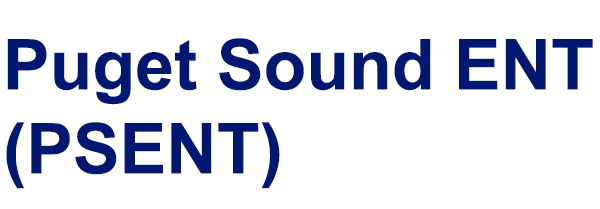- Find a Doctor
- Services & Specialties
-
-
Services & Specialties
-
-
-
-
- Find a Location
-
-
Find a Location
More than 100 independent, locally owned locations in neighborhoods across the state of Washington. Explore our:
-
-
-
-
- News & Resources
-
-
News & Resources
- Welcome Our Newest Doctors
- Latest News
- Learn More About Our Surgery Centers
- Why Proliance Surgeons?
- Meet Our Leadership
- Meet Our Board
- Contact Us Today
- Pay My Bill
- Career Opportunities
- Mission, Vision, Values
- Phreesia FAQ
- Insurance Plans
- Medical Records
- Balance Billing Protection Act
- PELTO Health Partners
- Revenue Cycle Credit Resolution
- Proliance Surgeons Foundation
-
-
-
-
- Pricing
















